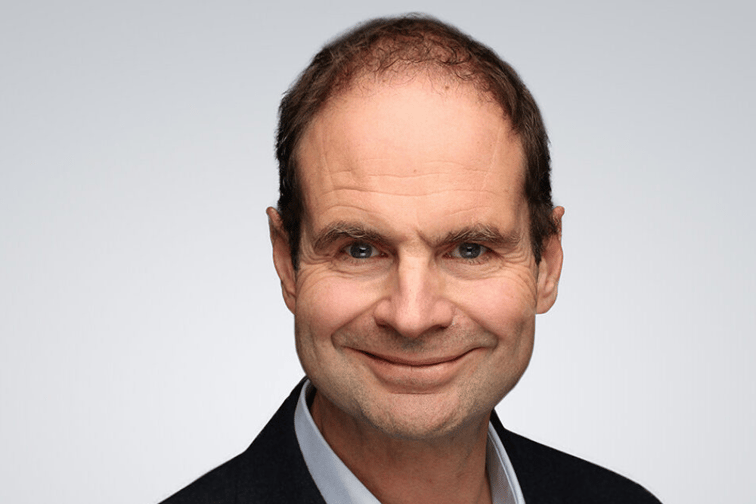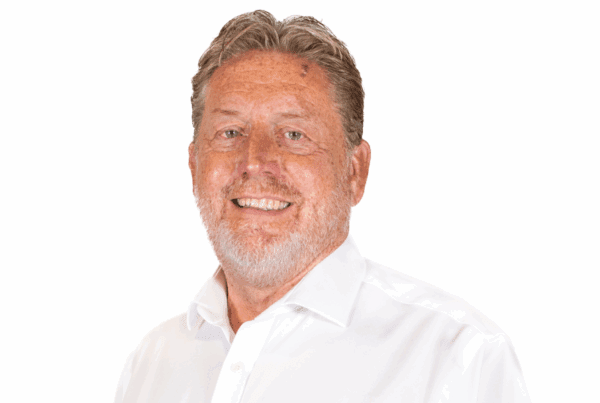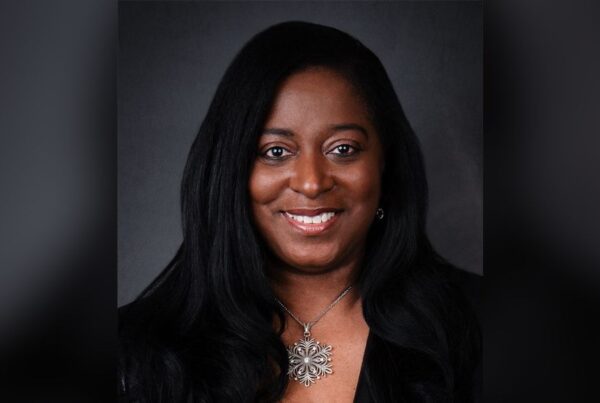Executive chairman on why it’s clear that conditions are getting tougher

With economists’ projections undulating between prophecies of doom and forecasts of blue skies in the form of a V-shaped economic recovery, insurance intermediaries are facing a tumultuous period.
As executive chairman of intermediary & market services at Davies Group Ltd, Chris Butcher (pictured) has a ringside view of the interplay of these factors and the knock-on effect that these conditions are having on M&A and innovation in the marketplace.
“Being heavily involved in MGA launches, I see the trends around what’s happening in the UK with MGAs, particularly what’s happening in terms of capital flow,” he said. “I think my broadest observation would be around the slight slowdown in available working capital for these businesses. There are exceptions, of course… but that capital element is slower which also affects further raises, where a business was expecting to be able to raise more cash to get it to the next level of growth. It’s just not as available as it was.”
Butcher highlighted that while Davies has not seen any resulting failures in its portfolio of 35+ businesses, it’s clear that conditions are getting tougher and that intermediary businesses are facing a challenge of scale. The MGAs most exposed to this are those which are running on optimistic predictions that can’t meet their rising cost base, he said, though this can be counterbalanced by other factors, including strong customer demand.
“Essentially, if a business has got decent distribution and hasn’t seen a massive reduction in customers, they still have an opportunity to grow,” he said. “The key factor is where they’ve anticipated and slightly leveraged positions in terms of getting cash in that will allow them to step up the business at pace. It’s the rate of growth that will make the difference, though of course this could be offset by the range of global factors coming into play.”
Challenges bring opportunities
As night follows day, challenges bring opportunities – which Butcher noted holds true in the present MGA market where he can see the opportunity for larger, well-capitalised players to sweep up businesses and strengthen their proposition through targeted M&A. This fragmentation element isn’t limited to MGAs, he said, with broker consolidation also opening windows for brokers or broker teams that want to explore new horizons to spin off at the point of acquisition.
“Certainly, we have been setting up new brokers that are offshoots of existing businesses and are coming in as teams,” he said. “We set up Ballantyne Insurance Brokers relatively recently and we have got a pipeline of others that are coming in. There’s fewer than in the MGA market, but they’re there. And there will always be fragmentation, there will always be teams that want a change of environment or who see an opportunity and want to seize it.”
Broker and MGA differences
Discussing the differing needs of Davies’ broker and MGA clients, Butcher identified that the focus of the broker model tends to be on clients. To put it in basic terms, he said, brokers look to enlist Davies to take on the full suite of the back-office activity for a lot longer. And even once they receive full regulatory approval, they often still want to leave that back-end platform work to the expertise of the Davies team, because they don’t view that as their core activity.
Meanwhile, the MGAs tend to be more technology-focused, he said, and they’re looking to build a business and build out their own back-end team. Taking for example, Coalition – a well-capitalised US-headquartered cyber insurance business that recently entered the UK and EU market with the support of Davies – what the firm needed was expertise on how to become operational quickly within a tight governance framework.
“Our model allows us to create a legal entity immediately to which we can lend regulated permissions, subject to FCA approval, quite quickly,” he said. “We can provide that framework of support to the business from day one, because we have all those resources to hand. That model offering speed to market, tight governance and tight control, as well as the ability to trade under our license, continues to be a persuasive offering.
“So, for Coalition, which is highly tech-driven and already has a lot of expertise and a strong proposition, what they needed from us was the confidence to know that they’re doing the right things within the UK business environment. That comes back to compliance structures, knowing the risks of the business environment and the right people they need for the business, and understanding the broader governance framework.”
For Butcher, it is the opportunity to support Davies’ range of clients and evolve the group’s offering as these businesses grow and change that makes his role so interesting. Looking across Davies’ client base, he said, it’s clear that the spirit of entrepreneurship is alive and kicking, and it’s great to see those insurance entrepreneurs who have the energy and the idea of doing things differently and taking the market to the next level.
“I think it’s also a testament to the ability to form a small business under the type of structure we have, which provides an opportunity [these entrepreneurs] wouldn’t have otherwise,” he said. “It’s a point I regularly make to the FCA – that the appointed representative model in the UK and having strong organisations which can support that innovation is critical.
“You don’t want to lose the strength of the AR model because it is a really vibrant and helpful support to the UK economy, providing a sandbox structure, which allows a lot of entrepreneurial, innovative businesses to get their start.”
Related Stories
Keep up with the latest news and events
Join our mailing list, it’s free!

This page requires JavaScript




